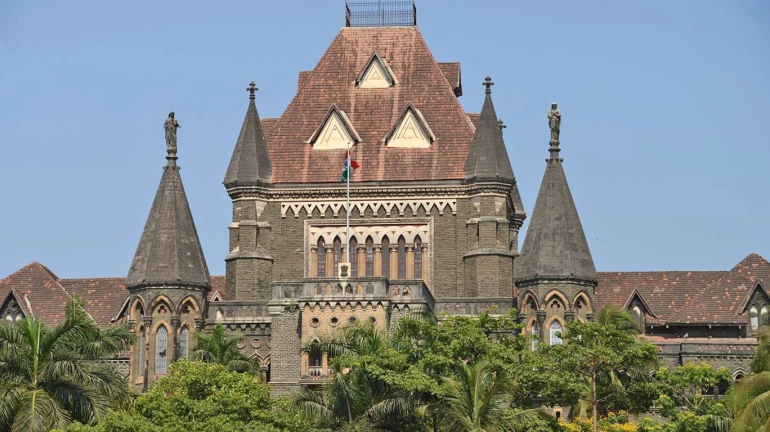
The Bombay High Court (HC) criticised Maharashtra's Crime Investigation Department (CID) on Monday for allegedly being too casual in its inquiry into the encounter death of the primary suspect in the sexual assault case at the Badlapur school.
A division bench of Justices Revati Mohite Dere and Prithviraj Chavan emphasised the need for a free and fair investigation, saying that the CID's actions thus far raise questions about whether it is attempting to conceal information from the judicial magistrate looking into the extrajudicial killing.
The accused, Akshay Shinde, 24, was taken into custody in August on charges of sexually abusing two kindergarten girls while he was employed as a cleaner at a Badlapur East school. In September, the police killed him, claiming it was "retaliatory firing".
On December 2, the court saw shortcomings in the investigation of the incident that led to the extrajudicial killing, the thigh wound that assistant police inspector Nilesh More sustained when he was allegedly shot by Shinde.
The police's choice to transfer inspector More from a government hospital to a private one in defiance of medical advice was questioned by the court. The judge stated this should come from the family, not from the police department, after learning that the police made the decision with inspector More's interests in mind.
The panel further questioned the authenticity of inspector More's discharge documents, pointing out that although the doctor and the injured official are Marathi, they were written in Hindi. It voiced dissatisfaction upon discovering that the police had neglected to document the doctor's statement on inspector More's discharge without medical advice. It also questioned the divergent views of physicians at private and public hospitals.
The private hospital now claims that inspector More's thigh is a grazing wound, but the government hospital claimed that it had entry and exit wounds and that the bullet had passed through it. The judges asked how we are supposed to make amends?
Following the statement from Maharashtra's advocate general, Dr. Birendra Saraf, that several important papers under investigation, such as X-rays, had not yet been turned over to the judicial magistrate, the bench further criticised the state CID.
The court questioned that custodial death is the issue at hand. How can this be taken lightly by the state CID? How can you be so ambiguous? You are causing the investigation to be questioned. Are you attempting to keep the magistrate from knowing something? The court enquired whether the magistrate needed these records to decide if the death was the result of a real encounter. It also said that Superintendent of Police Prashant Waghunde would be held accountable. The court said, "We want to make sure that the investigation is free and fair."
The court adjourned the case to January 2025 and instructed the state CID to obtain the statement of the physician who released inspector More from the government hospital, verify who wrote the discharge documents, and ensure that inspector More's X-ray scan was collected and forwarded to the investigating magistrate.
The Thane police crime branch killed 24-year-old Akshay Shinde on September 23 in "retaliatory firing" while he was being taken in a police vehicle from Taloja jail to Thane for interrogation. According to the authorities, Shinde stole the firearm from one of the four armed officers who were sitting next to him in the vehicle. It is said that during the subsequent altercation, the gun was loaded and a bullet was fired, striking inspector More in the thigh. Shinde allegedly missed two additional shots that he attempted to fire at the other cops. Sanjay Shinde, a senior police inspector, then pulled out his service firearm and shot Akshay Shinde "in self-defence," killing him instantly, according to his statement.
According to Anna Shinde, Akshay Shinde's father, his son was slain for political purposes and the police encounter was a fabrication. Anna Shinde requested in his plea that a special investigation team (SIT) look into the encounter killing under court supervision.





